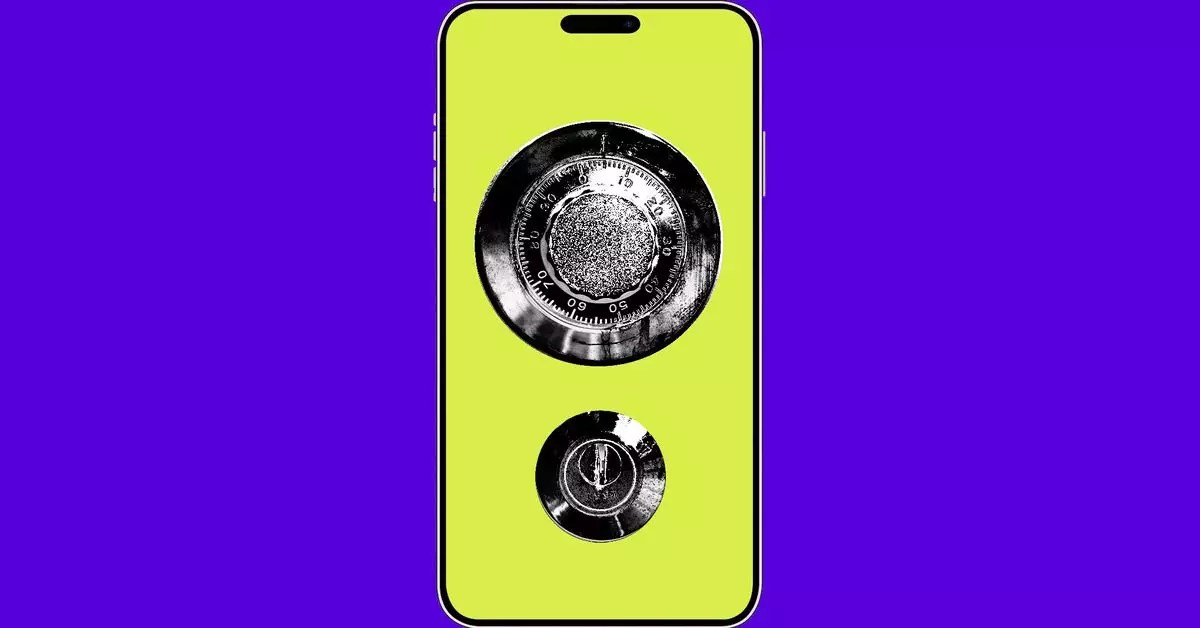The introduction of iOS 18 by Apple has sparked discussions around user privacy and security, especially with the inclusion of a new feature that reboots iPhones after a set period of inactivity. Specifically, devices that have not been unlocked for four days will automatically restart, entering a more secure “Before First Unlock” (BFU) state. This change aims to fortify user security significantly by making devices more resistant to unauthorized access and forensic data retrieval, an issue that has raised eyebrows in law enforcement circles.
This feature becomes critical in a world where mobile devices hold an enormous amount of sensitive personal data. The involvement of Chris Wade from Corellium, who has been active in analyzing such security features, brings an essential perspective on the motivations behind Apple’s decision. By incorporating an “inactivity reboot,” Apple signals its commitment to user privacy at a time when digital security is under significant public scrutiny.
With growing encryption measures, tech companies like Apple have invariably collided with law enforcement interests. Police agencies argue that these advanced security features obstruct investigations, particularly in criminal cases where timely access to data might be crucial. The BFU state effectively locks authorities out of the devices, making it exceedingly challenging to gather evidence, especially during prolonged investigations where suspects have the opportunity to maintain their iPhones in an inactive state.
Furthermore, the report by 404 Media sheds light on the challenges faced by investigators as they navigate Apple’s stringent security protocols. The law enforcement community’s frustration is palpable, as they grapple with the reality that technology, while enhancing user security, can also hinder public safety efforts. As this friction grows, it raises broader questions about the balance between privacy and security.
Despite the concerns raised by police departments, Apple’s historical stance favors consumer privacy over collaboration with law enforcement. The company has consistently resisted calls to create backdoors in its systems that would allow law enforcement direct access to encrypted data. This has resulted in a divide where, while the public appreciates the heightened security measures, investigators find themselves increasingly hampered in their efforts to tackle criminal activity.
The implications of these security measures extend beyond law enforcement. Users may feel more secure knowing their private information is better protected against cyber attacks. However, the debate surrounding the extendability of legal access during emergencies and the nature of digital privacy remains unresolved. The complex relationship between technology firms and government oversight could evolve further as new laws and regulations are drafted in response to these ongoing privacy concerns.
As Apple continues to innovate with features designed to strengthen security, the tensions between user privacy and law enforcement accessibility are likely to escalate. The stats on user data security and the legal framework underpinning this balancing act must evolve in tandem with technological advancements. With iOS 18 leading the charge, this ongoing dialogue will shape the future of mobile technology, highlighting the intricate interplay between safeguarding personal privacy and maintaining public safety. The path forward will not only influence how devices operate but also redefine the terms of trust between users, companies, and authorities.


Leave a Reply